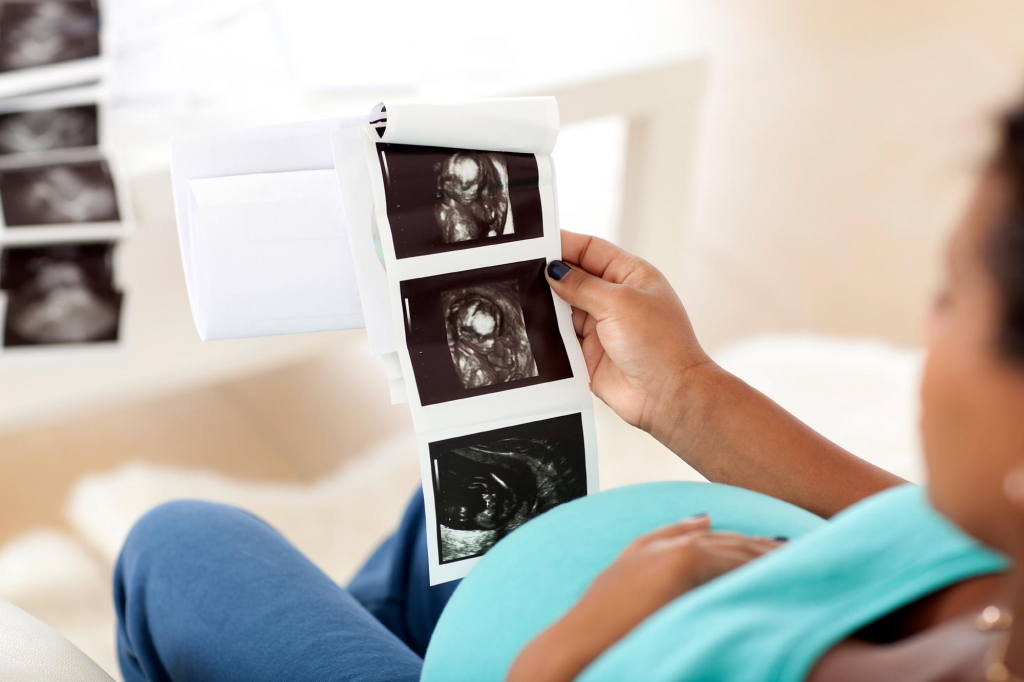Pregnancy depression tablets risk birth defects
Researchers point out that while their findings are reassuring evidence for some SSRIs, there is evidence that that a few birth defects occur more frequently among the infants of women treated with paroxetine or fluoxetine in early pregnancy.
For the study, researchers collected and analyzed data from almost 28,000 mothers who had children between 1997 and 2009.
Just as important, Reefhuis said, is what the study did not find: No link between birth defects and several similar, but chemically distinct drugs, including the most-widely used drug, Zoloft (sertraline), as well as Celexa (citalopram) and Lexapro (escitalopram).
Researchers linked use of the SSRIs paroxetine and fluoxetine in early pregnancy with greater risk of birth defects, but no such association was found with maternal use of other SSRIs.
However, Dr. Erwin urges pregnant mothers to keep in mind that the increased risk for birth defects while taking these medications is still very small.
Because this is an association study, it doesn’t prove that the medications caused birth defects. “Women should talk to their health care providers about available options, ideally before planning a pregnancy”, said study author Jennita Reefhuis. The researchers could not say whether or not the antidepressants are the direct cause of the birth defects, only that there is a few connection between the two, but not a big enough one to pose a significant risk. But any decision, cautions McCabe, should be done in consult with a woman’s health care provider; he adds that women should not suddenly stop taking antidepressant medication altogether.
Sertraline was previously shown to be linked to birth defects. Studies have reached conflicting conclusions. That included heart defects, abdominal wall defects, and missing brain and skull defects with paroxetine, and heart wall defects and irregular skull shape with fluoxetine. For a heart defect, absolute risk increased from 10 to 24 per 10,000 births.
Treatment guidelines regarding depression during pregnancy published in 2009 by the American Psychiatric Association and the American College of Obstetricians and Gynecologists recommend discontinuing antidepressants if women are minimally symptomatic for a long period of time, but allow for the initiation or continuation of antidepressants if a woman is experiencing a moderate or severe episode or has a history of them.
The findings also suggest that one antidepressant, Zoloft, may be safer than others.
Commenting on the study, Dr Michael Bloomfield, clinical lecturer in psychiatry at University College London, said: “The ways in which these drugs might potentially increase the risk of these birth defects needs further study”. Guidelines already advise doctors to avoid prescribing them to pregnant women unless in exceptional circumstances when the severity of a mother’s condition means the benefits are likely to outweigh the risks. “It does take a while to establish whether these drugs are working and it can take weeks to taper off if they are not”, she said.








